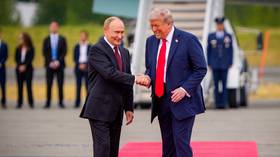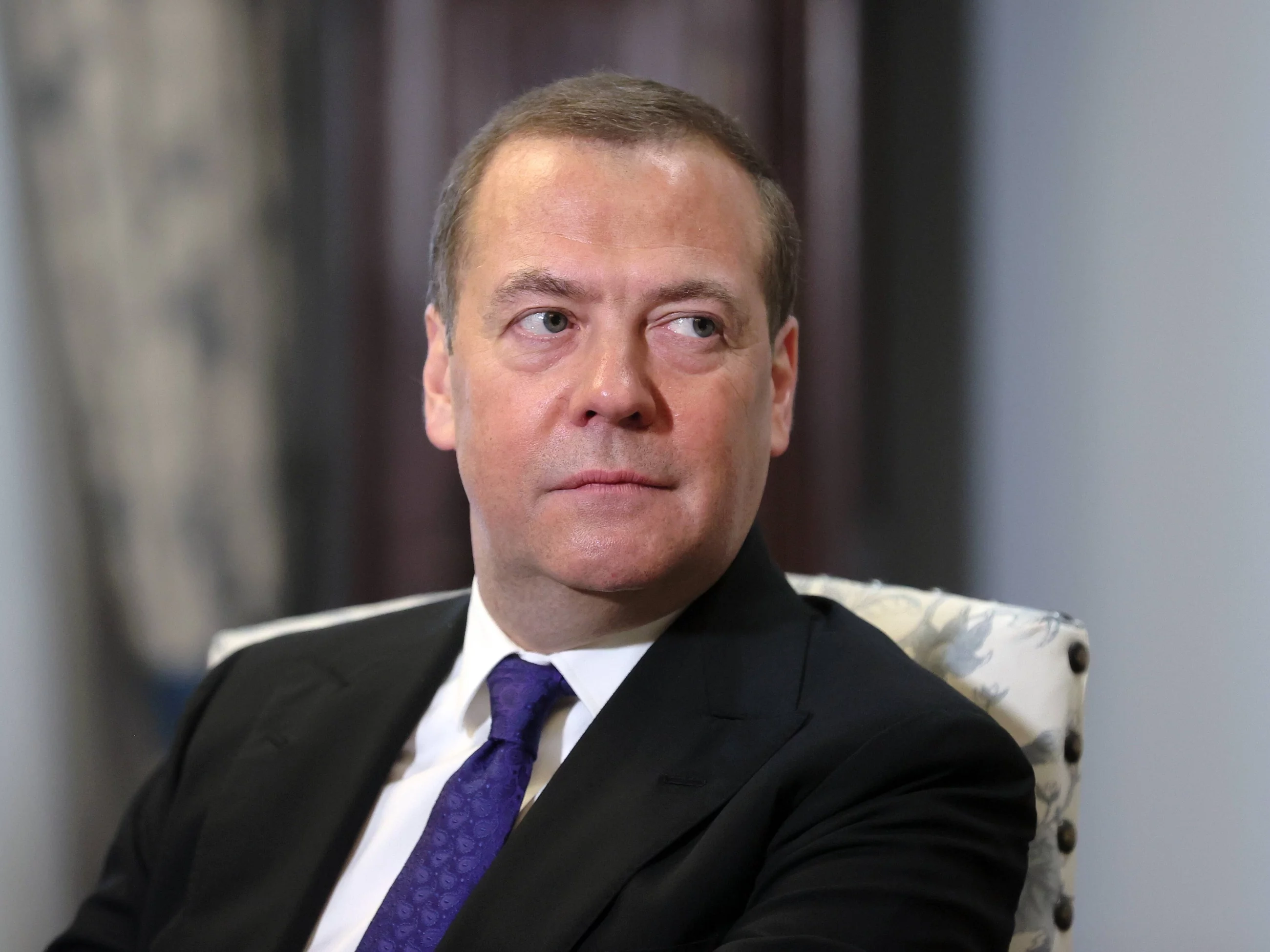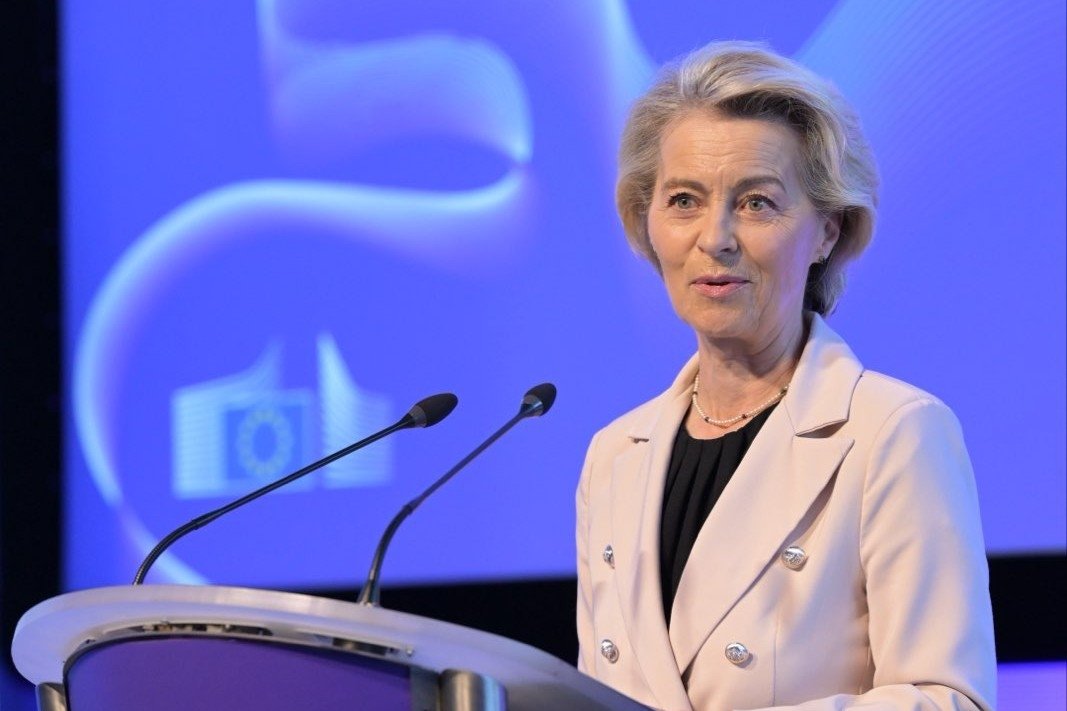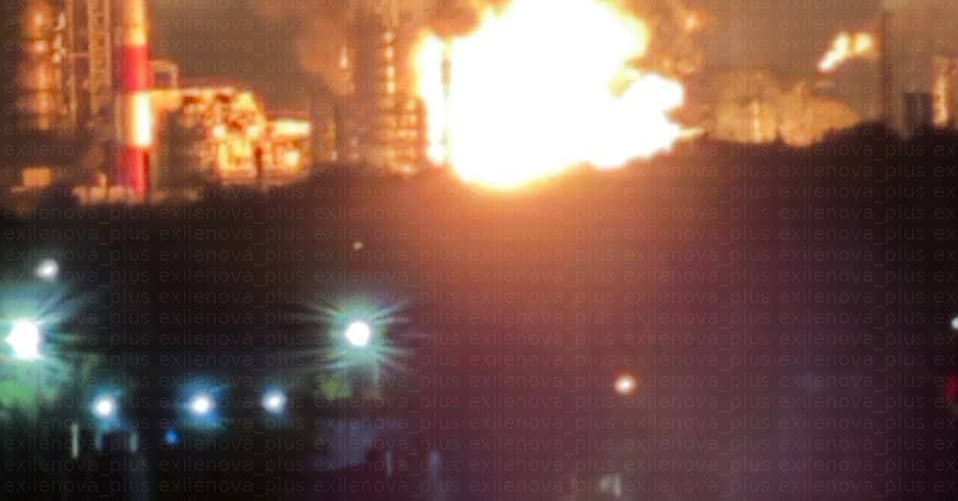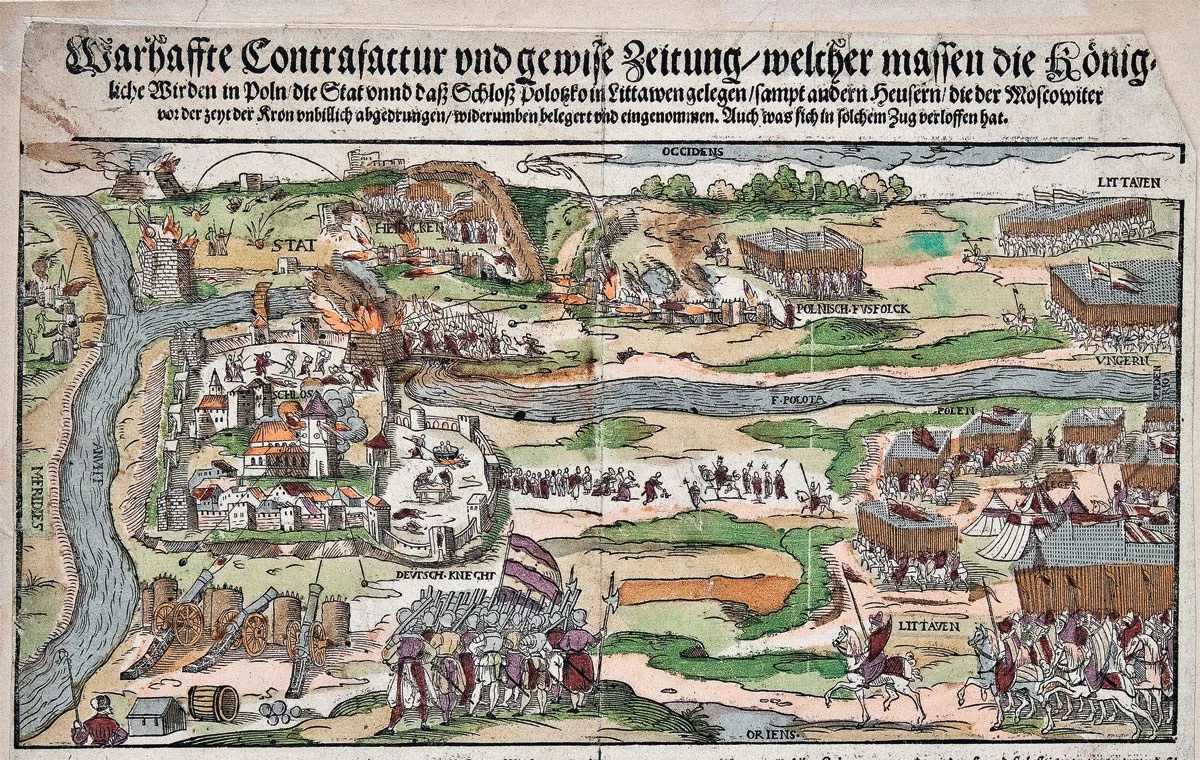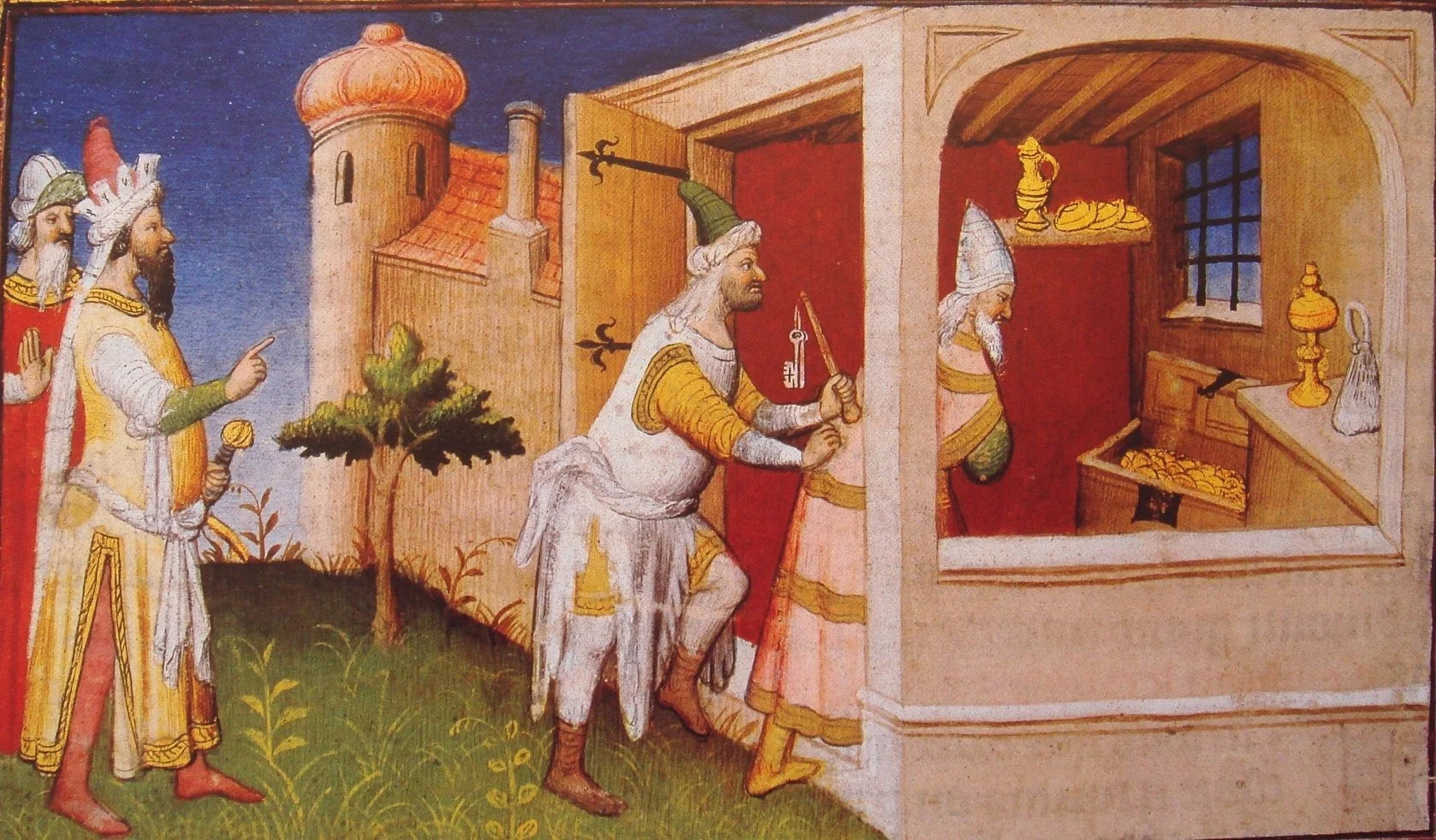Impact on budgetary revenue: 18th EU sanction package on Russia
On 18 July, after a multi-week discussion, the European Union managed to adopt the 18th package of sanctions against the Russian Federation (FR), which strikes:
- Energy sector and lowers the price limit for Russian oil (from September 3rd this year, from $60 to $47.6 per barrel), below which European companies are allowed to operate their exports to 3rd countries by sea. Simultaneously introduces a mechanics to modify it all six months – the limit is to be 15% lower than the average export prices of Russian natural material. Britain has besides joined this decision. In addition, the EU has included a further 105 shadow fleet tankers and FR entities on sanctions lists. In addition, as of 21 January 2026, the entry into the EU of oil products produced from Russian natural material in 3rd countries, excluding Canada, Norway, Switzerland, the United Kingdom and the USA (although no of these countries buys Russian oil). The exemption from sanctions on imports of oil from the Czech Republic was besides formally waived. The EU has besides introduced a complete ban on transactions (including services) for Nord Stream 1 and 2 (NS1 and NS2), including their completion, operation and usage and maintenance work;
- Financial sector by extending the number of Russian banks disconnected from SWIFT from 23 to 55 while cutting them off from all transactions in the EU; a akin ban was imposed on the Russian Direct Investment Fund and its affiliated entities and selected projects. The provision of software utilized in the financial sector, as well as production control and management, was besides prohibited. 2 entities from the PRC providing crypto-activism services to support Russia in the process of circumventing restrictions were besides included. At the same time, a legal basis has been extended to let sanctions for akin actions to be imposed on another 3rd country financial sector entities;
- industry, mainly the arms sector, by extending the list of non-cooperation entities (including Chinese) and the scope of high-tech goods with an embargo on supplies to FR, including numerically controlled machinery (CNC). The full value of products subject to these restrictions is estimated at EUR 2.5 billion;
- 13 individuals (e.g. captain of the oil tanker from the alleged shadow fleet; co-owner of a trading trader from the United arabian Emirates) and 40 legal persons, including many from outside Russia (e.g. the Vadinar refinery in India where Rosniefté has almost half a stake; the shipowner registered in Mauritius; the Hong Kong or UAE oil tanker manager), which was entered on sanctions lists and consequently were frozen in the EU and the persons on them were banned from travelling.
The sanction package adopted allows Russia to further reduce its income from exports of oil and oil productsessential to the FR budget. In this context, it is peculiarly crucial to strengthen the financial restrictions on Russia, in peculiar with respect to third-country entities that facilitate its cross-border operations. In June 2025, FR's oil and gas budget gross was 34% lower than a year ago, and in the full first half of the year by over 16%. A barrel of Russian Urals oil cost on average little than $60 in June (and this despite rising prices due to Israel's attack on Iran).
Comment
- The increasing problems in maintaining the unity of the West with respect to sanctions policy towards Russia undermine the effectiveness of the sharpening implemented. The European Commission proposed the 18th package in early June, but a number of factors delayed its adoption. First, the G7 summit failed to get US and Japan's approval to lower the oil price limit. This has caused the coalition to narrow down to the EU and the UK. Moreover, in July Japan, for the first time in 2 and a half years, accepted the supply of Russian oil from the Sakhalin 2 task (this is an additional product created during the production of LNG). The 18th package besides met with large opposition from Slovakia. Bratislava's opposition did not rise the content of the paper itself, but the regulation proposed by the EC to completely decision associate States distant from imports of oil and gas from Russia by 2028 (see IP/10/28). European Commission proposes a permanent departure from Russian gas imports). The withdrawal of the veto against the next sanction package became possible after Slovakia gained EU compensation guarantees in the event of a crucial increase in gas prices following the break in cooperation with the FR. However, the details of the agreement stay unknown. In addition, Bratislava threatened to proceed blocking restrictions if its demands were not fulfilled.
- Lowering the price limit on Russian oil could lead to an increase in transport costs. Due to the decrease in oil prices on the planet markets, the natural material from the FR was sold for most 2025 below the current price limit. In fact, this allowed European operators (armators, insurers) to legally operate Russian oil transport (according to the CREA investigation centre in June this year, 56% of this natural material had already transported companies from G7+ countries, mainly European, while inactive in January – 35%), and the accompanying increase in competition contributed to the drop in freight prices. However, the deficiency of agreement by the US and Japan to join the cap simplification will have a limited impact on the effectiveness of this instrument. Most of the oil exported from Russia passes through ports on the Baltic Sea and the Black Sea, and this ban on cooperation with European operators is the most painful for the FR.
- A ban on transactions involving Nord Stream 1 and 2 is an unprecedented decision that prevents them from being launched without EU approval. Without the withdrawal of restrictions, it will not be allowed to conclude both gas transport contracts and the participation of European companies in the renovation of pipelines. Gas has not been flowing NS1 since August 2022 and NS2 has never been activated. In addition, there were explosions in September 2022 that damaged both NS1 and 1 NS2 strands. EU sanctions have been straight affecting transmission infrastructure for the first time and are a de facto consequence to proposals to resume the transport of natural materials along this way in fresh months, including the US investor considering buying NS2.
- The European Union is expanding the force on third-country actors, which promotes the effectiveness of sanctions. The introduction of a ban (as of January 2026) on imports of petroleum products from Russian natural material will mainly affect the processing sector of India and Turkey, which could lead to a simplification in oil supply from the FR. However, the success of this instrument will be determined by the enforcement and supply control strategy developed by the associate States. The sanctioning of the Indian refinery belonging to Rosniefti shows the EU's determination to cut this down. besides Western pressures on states traditionally offering registration to tankers of the alleged shadow fleet origin them to increasingly retreat (e.g. Liberia, Marshall Island or Panama) from providing services to units subject to restrictions. This results in a further increase in the operating costs of specified tankers and forces them to take time to legalise them under a fresh jurisdiction. A very affirmative signal is besides the EU's willingness to sanction entities in the financial sector of those 3rd countries that support Russia in circumventing restrictions. It has so far been the most effective financial sanctions, and the improvement of this instrument by the EU is of peculiar importance, including for the enforcement of trade restrictions.

